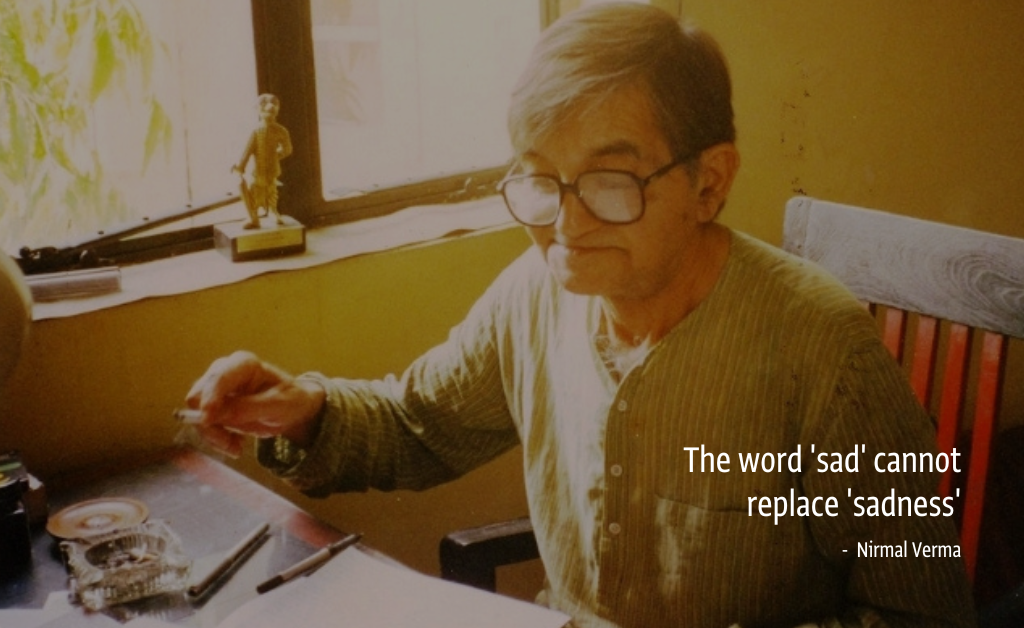Nirmal Verma was one of the most influential and accomplished Hindi writers of the 20th century. He was born on April 3, 1929, in Shimla, India, and grew up in various parts of the country, including Lahore and Lucknow. Verma’s literary career spanned several decades, and his work had a significant impact on the development of modern Hindi literature. In this article, we will explore Verma’s life and his contributions to Hindi literature.
Early Life and Education
Nirmal Verma was born into a family of bureaucrats and academics. His father, Dhanpat Rai Verma, was a civil servant, and his mother, Prakash Wati Verma, was a professor of Hindi literature. Verma grew up in an environment that was rich in books and intellectual discussions, and he developed a deep love for literature at a young age.
Verma completed his education in English literature from Delhi University and later studied at the University of Nottingham in the United Kingdom on a scholarship. He returned to India in 1959 and began his career as a translator and editor.
Literary Career
Verma’s literary career began with the publication of his first collection of short stories, Parinde (Birds), in 1959. The stories in Parinde explored themes of alienation, loneliness, and despair, and were marked by their stark realism and psychological depth. The collection was widely praised for its literary merit and established Verma as a major literary voice in Hindi literature.
Verma went on to write several novels, short story collections, and essays over the course of his career. His novels, such as Ve Din (And Then There Were None) and Antim Aranya (The Last Wilderness), explored themes of existentialism, identity, and human relationships. Verma’s writing was marked by its introspective and reflective quality, and his prose was known for its lyrical beauty and poetic language.
Verma was also an accomplished translator and editor, and he played a significant role in bringing world literature to Hindi readers. He translated works by writers such as Samuel Beckett, Albert Camus, and Jean-Paul Sartre into Hindi, and he edited several literary journals, including the prestigious literary magazine, Hans.
Verma’s literary achievements were widely recognized during his lifetime. He was awarded the Sahitya Akademi Award in 1985 for his novel, Ve Din, and was also a recipient of the Jnanpith Award, India’s highest literary honor, in 1999. Verma was widely regarded as one of the greatest writers in Hindi literature, and his work continues to be widely read and studied today.
Legacy
Nirmal Verma passed away on October 4, 2005, at the age of 76. He left behind a rich legacy of literary achievement and a body of work that continues to inspire and challenge readers today. Verma’s writing explored the complexities of the human condition with a deep empathy and sensitivity, and his prose was marked by its poetic language and emotional depth.
Verma’s contributions to Hindi literature were significant and enduring. He played a key role in shaping the literary landscape of modern Hindi literature, and his work continues to inspire new generations of writers and readers. Through his writing, Verma explored the universal themes of love, loss, and the human search for meaning, and in doing so, he created a body of work that will continue to resonate with readers for generations to come.
The Poetry Cosmos welcomes all people who want to learn more about literature, no matter their age, experience, or education. We believe in the innate creativity of all people by encouraging and fostering experimentation and innovation. We invite everyone who values arts and culture to explore the written word. Click here to join our community.

